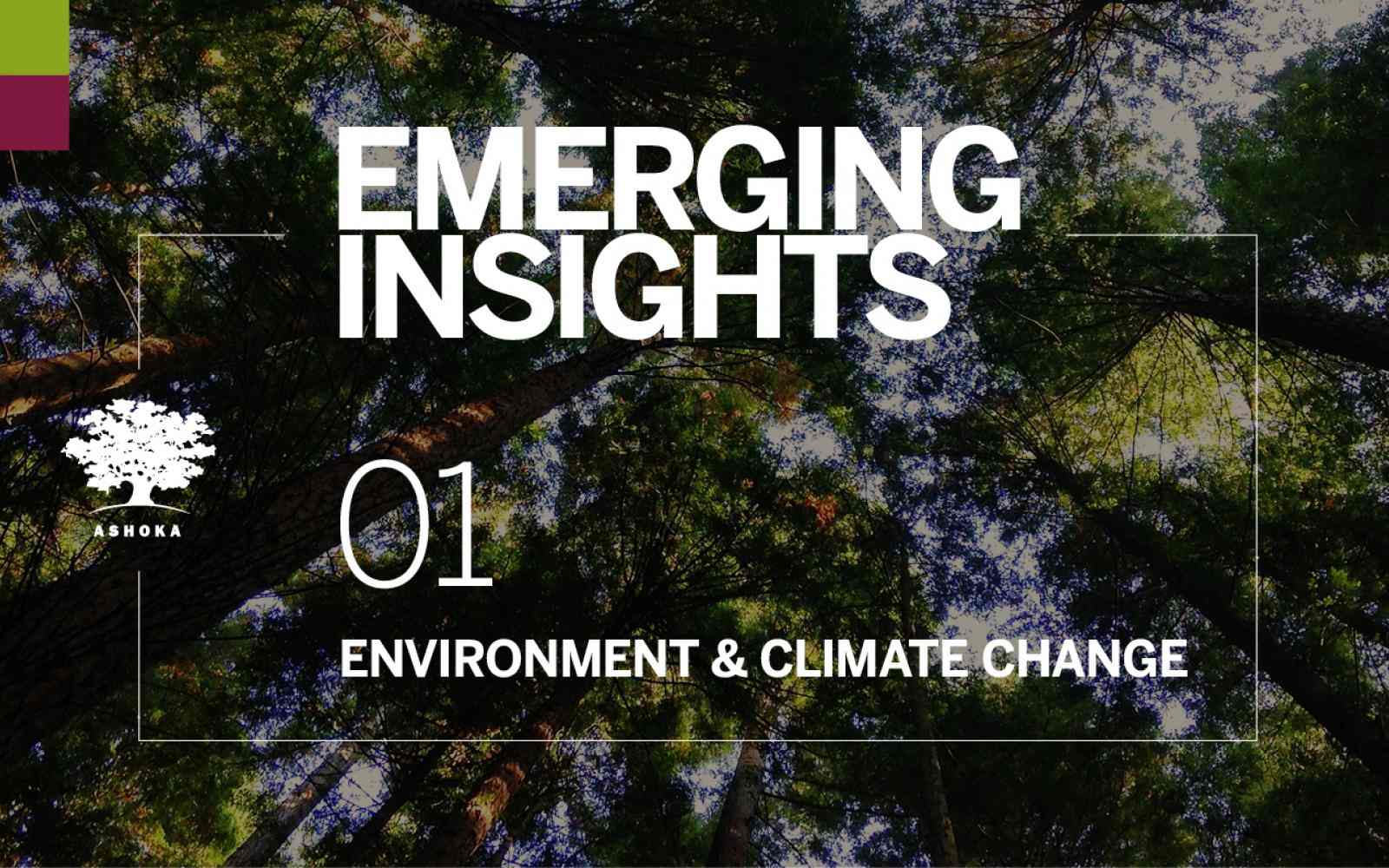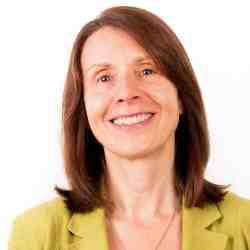GLOBAL ISSUES
According to a study launched by the United Nations, the current world population of 7.6 billion is expected to reach 8.6 billion by 2030, and 9.8 billion in 2050[1]. Humanity is devouring our planet’s resources in increasingly destructive volumes. In 2019, we consumed a year’s worth of carbon, food, water, fiber, land and timber in a record 212 days and to maintain our current appetite for resources, we would need the equivalent of 1.7 Earths[2].
It is becoming increasingly clear that policy change and advocacy alone are not enough to shift the current reality of a warming planet. Social and individual responsibility will be key factors. By putting young people, and the most affected vulnerable communities in charge, our Fellows are leading the way to showcase a new generation of leaders in climate change and the movement for the environment.
NEW IDEAS
Creating actionable goals that are participatory and can be embodied at every level is a key method to offset our current consumption patterns. This year’s Fellows are making environmental impact by localizing solutions, developing research agendas that lead to action, and helping communities to shift their production and consumption habits.
Addressing over-consumption and unsustainable production
Currently, humans consume renewable resources and pollute the planet at a rate higher than it can sustain. The deterioration of the environment around the world has escalated because of factors like industrialization and urbanization, as well as the global supply chains that lead to mass production and over-consumption. Over the last 25 years, the UK’s Sue Riddlestone has been a leader in the sustainability movement.
The global battle to change human consumptions patterns is happening worldwide. Hong Kong leads the world in meat consumption[3]. The methane produced by the livestock that feed Hong Kong is the most potent greenhouse gas and accounts for 14.5 to 18 percent of human-induced emissions[4].
Raising awareness from the grassroots up
Tens of millions of Americans are exposed to unsafe drinking water each year[5]. The most vulnerable tend to be in communities of color in rural areas who can only wait for governmental infrastructure to catch up. With a background working on community-led solutions in South Sudan and Cameroon in the Water and Sanitation for Health (WASH) sector, George McGraw helps American communities build and manage low-cost systems that bring safe hot and cold water into homes, schools and community centers.
George McGraw
Ashoka Fellow since May 2019
Cities hold a promise of helping us to combat the global climate crisis, especially where sustainability has gone hand-in-hand with urban development, but they also create risk. Urban centers around the world occupy just 3% of the earth but are responsible for 70% of its carbon emissions. 70% of Latin Americans live in cities and most feel poorly informed about the science and evidence of their environmental impact. To inspire a more informed citizenry with the tools for change, Juliana Gutierrez founded the Low Carbon City Foundation in her hometown of Medellín, Colombia, which has evolved into a citizen-led global platform that educates, connects and helps citizens to create tools to enhance low carbon lifestyles. This is predominantly through Low Carbon Districts where residents work together to support low carbon transportation, zero-waste solutions, green spaces, urban gardening and sustainable markets. Global initiatives include connecting a network of over 30 Ambassador cities, advocating for change through citizen-led global forums, and linking innovators who are developing low carbon solutions worldwide.
HOW TO:
Strengthen resilience
Natural disasters like floods, cyclones, droughts, heatwaves and landslides all regularly threaten human life around the world, but most especially in countries in the Global South where disaster management is often not a priority. Manu Gupta brings a life-cycle and humanistic approach to disaster management in India.
Manu Gupta
Ashoka Fellow since Mar 2019
THE OPPORTUNITY
Of the nearly 3,600 Fellows who have been elected over the last 40 years, 12% are explicitly working to change systems to improve human impact on the environment. Beyond finding the latest innovations, Ashoka develops programs to support the expansion and replication of new ideas through trainings and strategic connections. This year, in partnership with social change consulting firm iPropeller and support from the Flanders government, Ashoka created ACCESS – Accelerating Climate Change Solutions in Africa. Although the African continent contributes just 4% to global greenhouse emissions, it is being hard hit by its effects[6]. Driven by the urgency of this issue, social entrepreneurs were brought together for a social investment accelerator program to refine financial plans and pitches to impact, philanthropic, and institutional investors. This accelerator will be followed by a Social Change Marketplace in 2020 where innovators will be matched with corporate players and receive one-on-one consultations with potential partners, enabling a greater visibility and investment in solutions for this pressing problem.
[1] “World Population Prospects: The 2017 Revision | Multimedia Library - United Nations Department of Economic and Social Affairs.” United Nations, United Nations, 21 June 2017.
[2] Watts, Jonathan. “Earth’s Resources Consumed in Ever Greater Destructive Volumes.” The Guardian, Guardian News and Media, 22 July 2018.
[3] “HKU Earth Science Study Finds Hong Kong’s Appetite for Meat Causes the City to Be One of the World’s Highest Greenhouse Gas Emitter - All News - Media - HKU.” The University of Hong Kong, 30 Mar. 2018.
[4] Friedman, Lisa, et al. “The Meat Question, by the Numbers.” The New York Times, The New York Times, 25 Jan. 2018.
[5] Rice, Doyle. “Tens of Millions of Americans Exposed to Unsafe Drinking Water Each Year.” USA Today, Gannett Satellite Information Network, 13 Feb. 2018.
[6] Selormey, Edem. E and Carolyn Logan. “African Nations Are among Those Most Vulnerable to Climate Change. A New Survey Suggests They Are Also the Least Prepared.” The Washington Post, 23 Sept. 2019.



